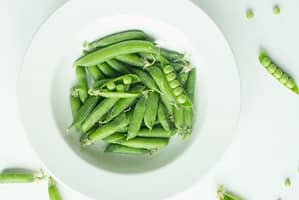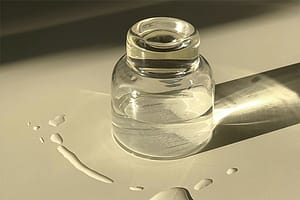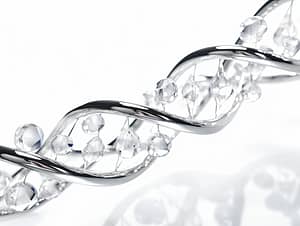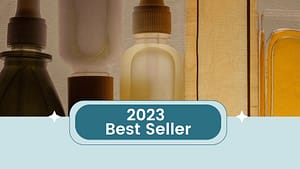
Collagen, a protein known found in most animals has been the star of many wellness products including supplements and skincare. As the society begins to gain awareness of the ethical and environmental impact of animal agriculture, consumers geared towards vegan products. However, does vegan collagen really exists? There are many misconceptions regarding vegan collagen and hence, in this article, we will debunk the myth of vegan collagen and explain what it really means!
What is Vegan Collagen and How It Came About?
Contrary to popular belief there is no natural vegan source of collagen. It is traditionally sourced from animals and more commonly bovine and marine sources. As such, it has posed a challenge to most manufacturers and industry players who are looking to align veganism.
Being a vegan denies the possibility of animal intake hence, plant-based ingredients that are able to indirectly stimulate the body’s natural production of collagen became alternatives. These ingredients are usually amino acids, peptides, minerals or anti-oxidants.
Additionally, new in the market we have genetically engineered vegan collagen produced from yeast and bacteria sources. The chemical composition of collagen, consisting of 3 different amino acids forming a triple helix is created via recombinant technology. “Vegan collagen is made by adding human genes that produce collagen to the microbial genetic structure, which leads to production of collagen components by the yeast or bacteria. A digestive enzyme called pepsin is also added to assist with placing the collagen components into actual collagen molecules.”
“Vegan Collagen” Option We Have
It is now clear that most vegan collagen products are being bioengineered from plants or are ingredients from plants that are able to boost collagen production. Hence, many such ingredients have an INCI name (INCI name; known as the International Nomenclature Cosmetic Ingredient used by manufacturers to internationally recognise cosmetic ingredients) without the word collagen in it. Instead, you can identify them as peptides or extracts marketed as “Vegan Collagen”.
We have a vegan type of collagen Natori Pea Collagen 80 that brings benefits just like your usual collagen. For more information on the benefits of regular Collagen on your skin? Click here!
Why Peas? What Are the Benefits?
Natori Pea Collagen 80 is a 100% safe, natural and biodegradable protein obtained from the seeds of the Pisum sativum plant.
They have the most balanced amino acid profile of all lysine-rich plants. Lysine functions as an important building block in human biology. Because lysine synthesis does not occur naturally in the body, it must be obtained from an external source such as peas.
Amino Acid Content in Peas
|
Amino Acid
|
Content, %
|
Amino Acid
|
Content, %
|
Amino Acid
|
Content, %
|
|---|---|---|---|---|---|
|
Asp
|
14.15
|
Arg
|
0.87
|
Phe
|
4.79
|
|
Glu
|
20.15
|
Ala
|
0.02
|
Ile
|
0.53
|
|
Ser
|
3.39
|
Tyr
|
1.75
|
Leu
|
6.44
|
|
His
|
1.91
|
(Cys)2
|
0.02
|
Lys
|
6.83
|
|
Gly
|
3.45
|
Val
|
4.61
|
Hyp
|
3.88
|
|
Thr
|
2.80
|
Met
|
0.33
|
Total
|
75.91
|
|
Protein Content: 91.55%
|
|||||
It is high in essential amino acids with anti-oxidant, moisturizing, strengthening and repairing properties. By supplying the skin with the precursors required for collagen synthesis, vegan collagen boosters enhance the natural production of collagen and slows ageing.
Anti-oxidant Effect Compared to Vitamin C
The ability to scavenge DPPH free radicals is a common method for detecting antioxidant oxidation properties in vitro.

The IC50 value of Natori Pea Collagen scavenging DPPH free radicals is 3.39±0.02mg/mL

The IC50 value of VC scavenging DPPH free radicals is 4.85±0.02μg/mL
Click here more information on how anti-oxidants can prevent skin ageing!




